Heavy Mulch: The Ultimate Guide To Using More Mulch For Better Plants
Title: Heavy Mulch: The Ultimate Guide to Using More Mulch for Better Plants
Introduction:
Mulch is a layer of material spread over the soil surface in gardens and landscapes. It has many benefits for plants, including:
- Retaining moisture. Mulch helps to keep the soil moist by preventing evaporation. This is especially important in hot, dry climates.
- Suppressing weeds. Mulch blocks out sunlight, which prevents weed seeds from germinating. This can save you a lot of time and effort weeding.
- Protecting the soil. Mulch helps to protect the soil from erosion and compaction. This is important for maintaining healthy soil structure and drainage.
- Improving soil quality. As mulch decomposes, it releases nutrients into the soil. This can help to improve soil fertility and drainage.
Main Content:
What is heavy mulch?
Heavy mulch is a thick layer of mulch, typically 4-6 inches deep. It is often used in commercial settings, such as large gardens and nurseries. However, it can also be used in home gardens, especially for plants that need a lot of moisture and protection from weeds.
Benefits of heavy mulch
The benefits of heavy mulch are even greater than those of regular mulch. In addition to the benefits listed above, heavy mulch can also:
- Reduce pest and disease problems. Mulch can help to create a barrier between plants and pests and diseases. This can help to keep your plants healthy and productive.
- Improve air circulation. A thick layer of mulch can help to improve air circulation around plant roots. This can help to prevent root rot and other problems.
- Attract beneficial insects. Mulch can attract beneficial insects, such as ladybugs and spiders. These insects can help to control pests in your garden.
How to use heavy mulch
The best way to use heavy mulch is to spread it evenly over the soil surface. Be sure to leave a few inches of space between the mulch and the stems of your plants. This will help to prevent the stems from rotting.
You can use any type of mulch for heavy mulching, but some types are better than others. Organic mulches, such as wood chips, bark mulch, and pine needles, are the best choice. These mulches decompose over time and release nutrients into the soil.
Inorganic mulches, such as gravel and rocks, can also be used for heavy mulching. However, they do not release nutrients into the soil.
How often to reapply heavy mulch
Heavy mulch will need to be reapplied every year or two. This is because it will decompose over time.
Conclusion
Heavy mulch is a great way to improve the health and productivity of your plants. It can help to retain moisture, suppress weeds, protect the soil, improve soil quality, and attract beneficial insects. If you are looking for a way to give your plants a boost, heavy mulch is a great option.
If you are interested in learning more about heavy mulch, I recommend visiting Home Gardening. This website has a wealth of information on the topic, including what it is, how to use it, and the benefits it can provide for your plants.
Here are some of the benefits of using heavy mulch:
- It can help to suppress weeds.
- It can help to retain moisture in the soil.
- It can help to improve the drainage of the soil.
- It can help to improve the fertility of the soil.
- It can help to protect plants from frost damage.
If you are considering using heavy mulch in your garden, I encourage you to visit Home Gardening to learn more.
FAQ of heavy mulch
- What is heavy mulch?
Heavy mulch is any type of mulch that is dense and has a high weight per volume. Some common types of heavy mulch include wood chips, bark nuggets, and stone.
- What are the benefits of using heavy mulch?
Heavy mulch offers a number of benefits for plants, including:
* Reducing water evaporation
* suppressing weeds
* improving soil aeration
* moderating soil temperatures
* providing habitat for beneficial insects
- What are the drawbacks of using heavy mulch?
Heavy mulch can also have some drawbacks, including:
* Compacting soil
* attracting pests
* being difficult to remove
- How much heavy mulch should I use?
The amount of heavy mulch you need to use will vary depending on the type of mulch, the size of the area you are mulching, and the climate you live in. In general, you should apply a layer of heavy mulch that is 2-4 inches thick.
- How often should I add heavy mulch?
You will need to add more heavy mulch periodically, as it breaks down over time. The frequency with which you need to add more mulch will depend on the type of mulch and the climate you live in.
- How do I remove heavy mulch?
Removing heavy mulch can be difficult, but it is important to do so if it is starting to compact the soil or attract pests. You can remove heavy mulch by hand, with a shovel, or with a power rake.
Image of heavy mulch
- Gravel mulch is a type of heavy mulch that is made from small stones or pebbles. It is a good choice for areas where you need to prevent weeds from growing, as the stones will make it difficult for them to get a foothold. Gravel mulch can also help to improve drainage and aeration in the soil.

- Wood chips are another type of heavy mulch that is made from shredded wood. They are a good choice for areas where you want to add organic matter to the soil, as wood chips will decompose over time and improve the quality of the soil. Wood chips can also help to retain moisture in the soil and suppress weed growth.
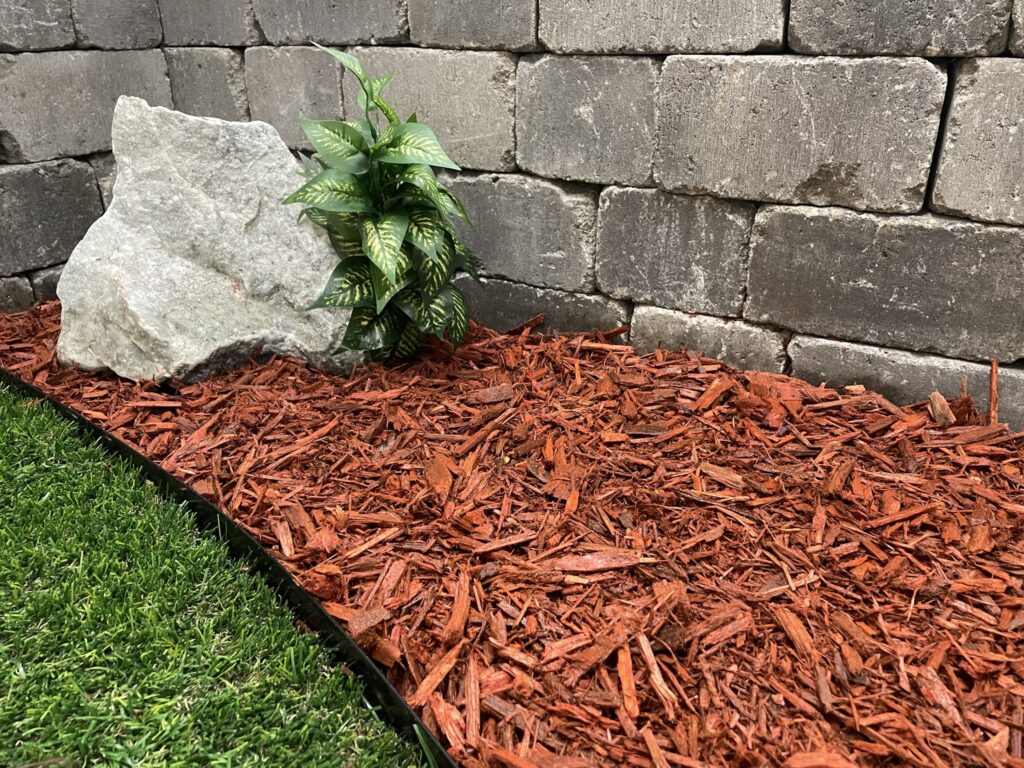
- Pine straw is a type of heavy mulch that is made from pine needles. It is a good choice for areas where you want to add a natural look to your landscape. Pine straw is also a good choice for areas where you need to prevent erosion, as the pine needles will help to hold the soil in place.
- Peat moss is a type of heavy mulch that is made from partially decomposed sphagnum moss. It is a good choice for areas where you want to add moisture to the soil, as peat moss will hold a lot of water. Peat moss can also help to improve drainage and aeration in the soil.
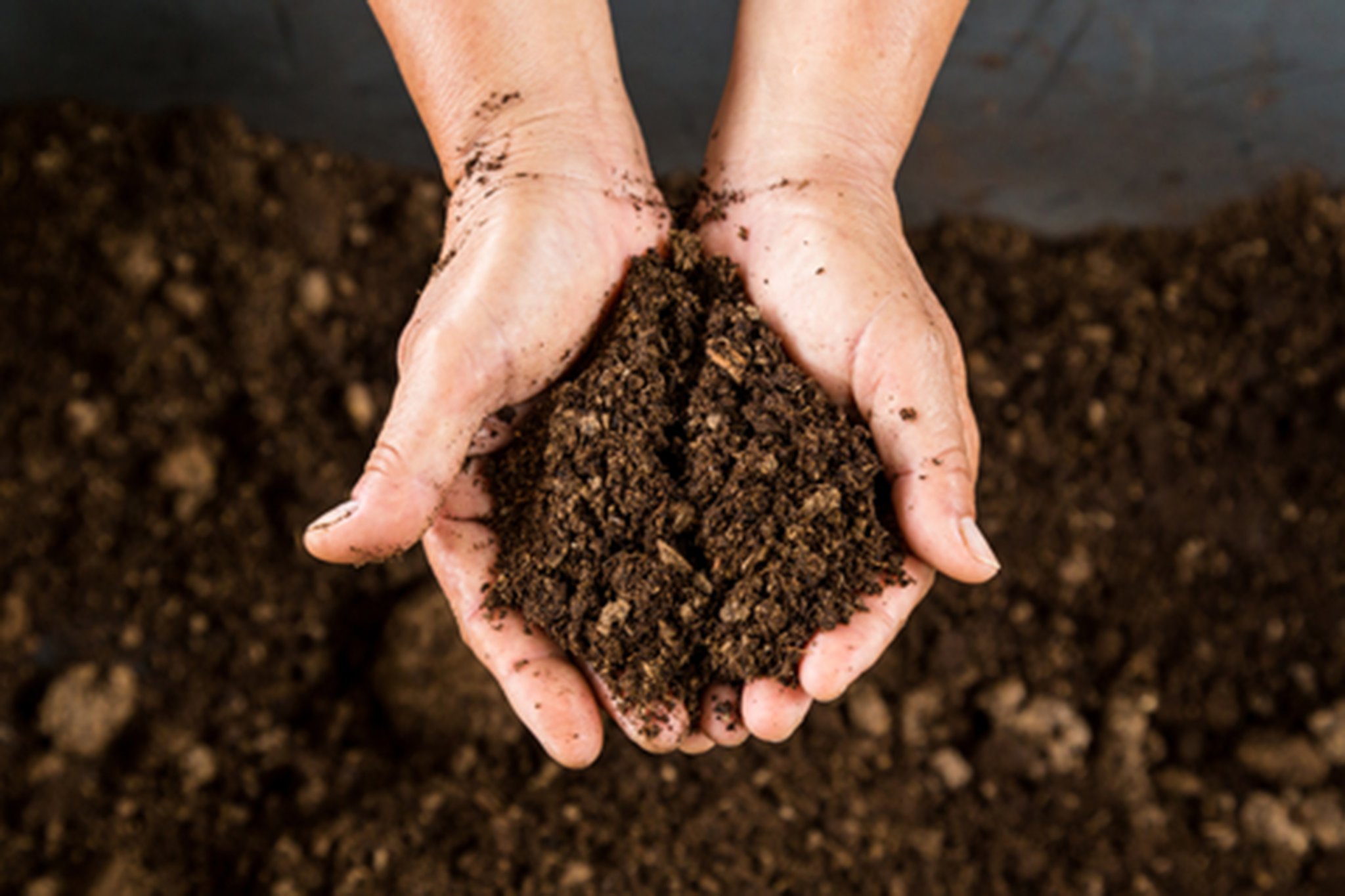
- Cocoa bean hulls are a type of heavy mulch that is made from the husks of cocoa beans. They are a good choice for areas where you want to add a tropical look to your landscape. Cocoa bean hulls are also a good choice for areas where you need to suppress weed growth, as they are very difficult for weeds to germinate through.

- Calcined clay is a type of heavy mulch that is made from clay that has been heated to a high temperature. It is a good choice for areas where you need to suppress weed growth, as calcined clay is very difficult for weeds to germinate through. Calcined clay can also help to improve drainage and aeration in the soil.
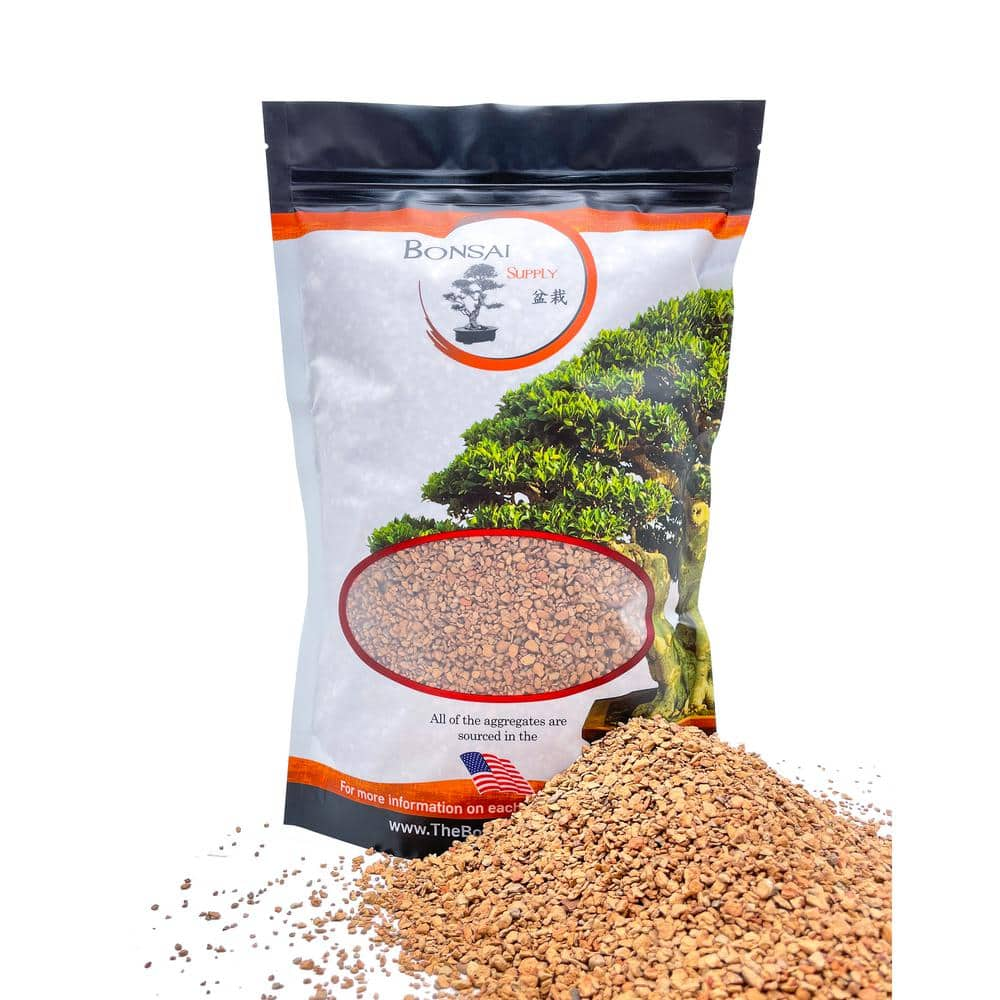
- Vermiculite is a type of heavy mulch that is made from mica that has been expanded with heat. It is a good choice for areas where you want to add moisture to the soil, as vermiculite will hold a lot of water. Vermiculite can also help to improve drainage and aeration in the soil.
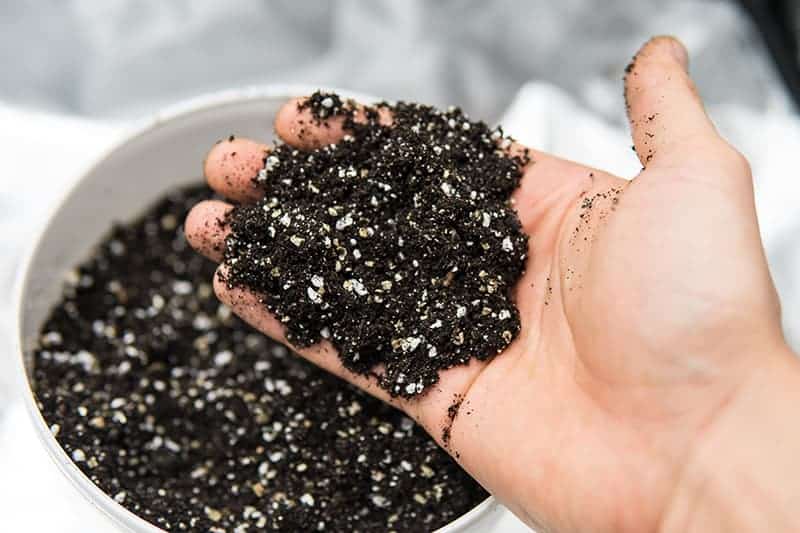
- Perlite is a type of heavy mulch that is made from volcanic glass that has been expanded with heat. It is a good choice for areas where you want to add moisture to the soil, as perlite will hold a lot of water. Perlite can also help to improve drainage and aeration in the soil.

- Rock salt is a type of heavy mulch that is made from salt that has been crushed into small pieces. It is a good choice for areas where you need to prevent weeds from growing, as the salt will kill the weeds. Rock salt can also help to improve drainage and aeration in the soil.

- Ash is a type of heavy mulch that is made from the ashes of wood or other organic materials. It is a good choice for areas where you need to add a natural look to your landscape. Ash can also help to improve drainage and aeration in the soil.
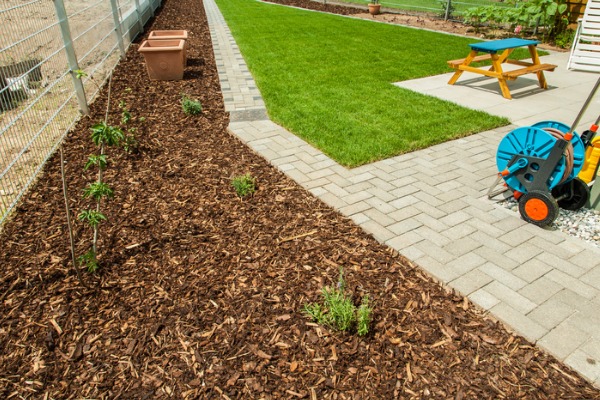
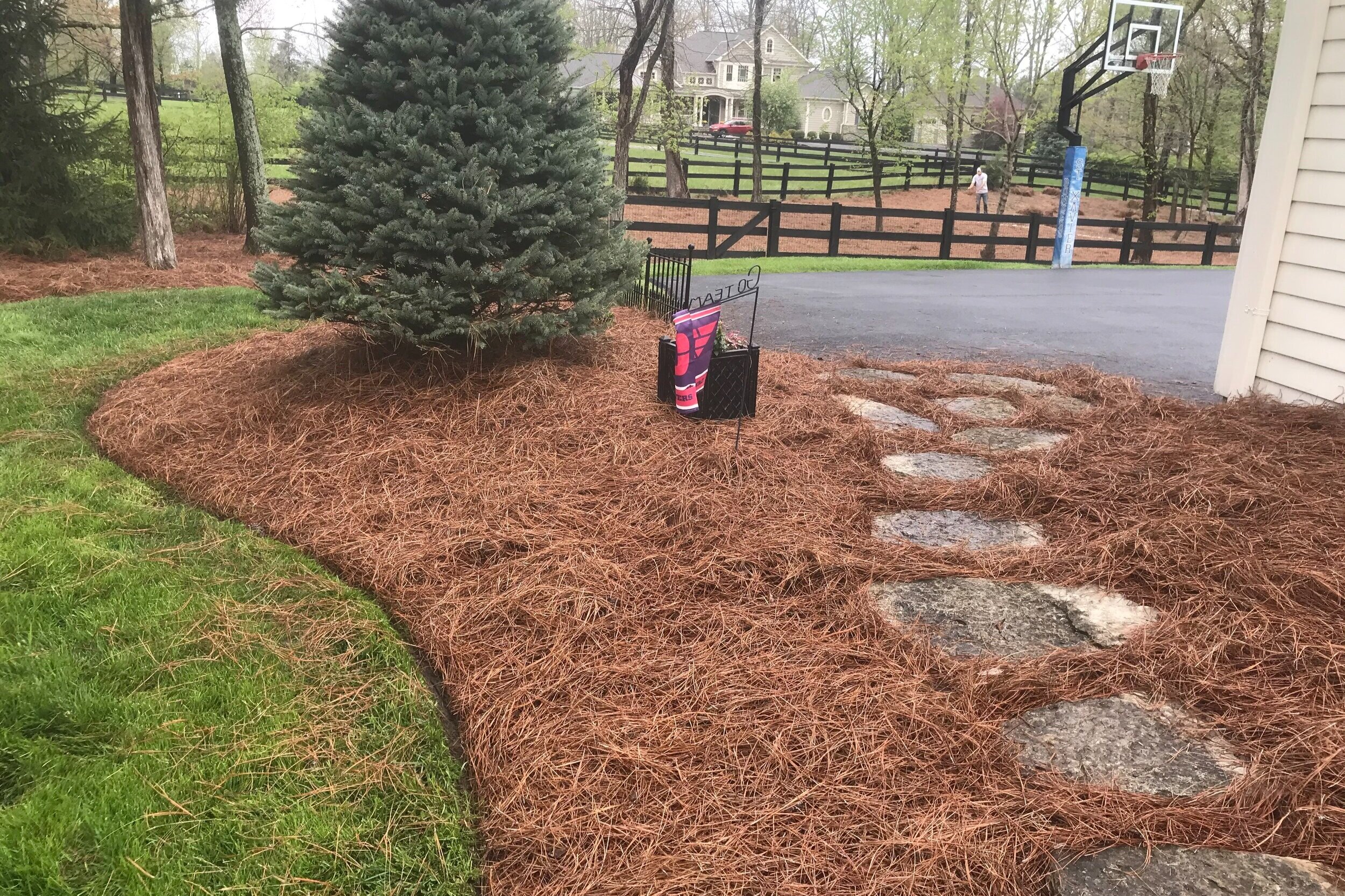
Post a Comment for "Heavy Mulch: The Ultimate Guide To Using More Mulch For Better Plants"